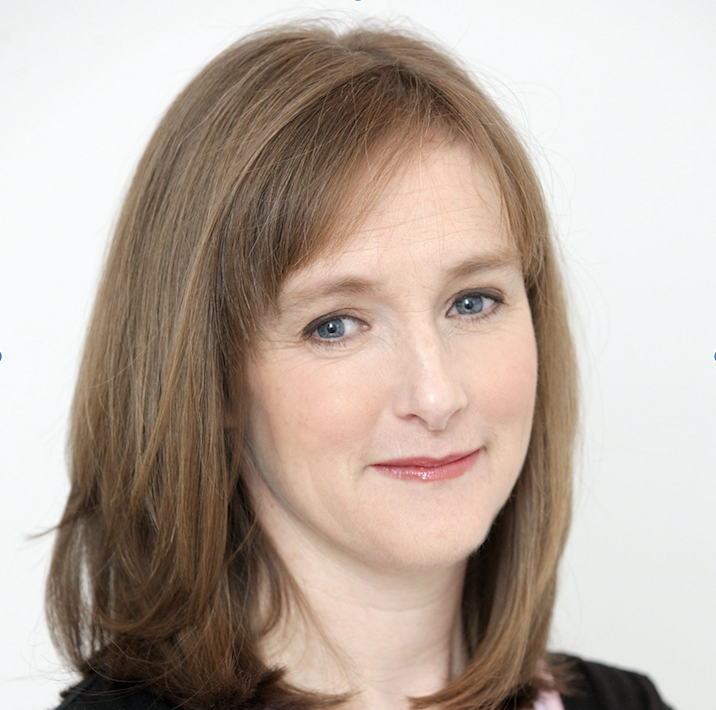The Human Papilloma Virus can cause cervical cancer and untold misery, but prevention is easy and the news is good.

Dr Caitriona Henchion
Medical Director, Irish Family Planning Association
Cancer statistics can be unsettling. But when it comes to cervical cancer the news is good: the disease is almost entirely preventable.
In Ireland around 300 new cases of cervical cancer are diagnosed each year. Yet vaccination against the Human Papilloma Virus (HPV) means there’s never been a more sure-fire way of averting the disease.
The Irish Family Planning Association (IFPA) is encouraging more girls and women to have vaccinations and regular screenings. The association has joined the newly formed HPV Vaccination Alliance. This aims to educate women and parents on the benefits of the vaccine. And its Pearl Of Wisdom campaign each January puts the spotlight on the need for smear tests.
There’s never been a more sure-fire way of averting the disease.
The Irish Family Planning Association’s (IFPA) medical director, Dr Caitriona Henchion, explains
‘Of the 170 strains of HPV, two are responsible for 70 per cent of cervical cancers. While the HPV vaccine protects against those two strains, smear tests are still required to detect the 30 per cent of cancers caused by other strains.’
Cervical cancer vaccines for girls aged 12-13
In Ireland the vaccine is given to girls aged 12 to 13. They receive it in the form of two injections spaced six months apart.
Dr Henchion says the fact that smear tests are so effective at picking up abnormalities is the reason some parents decide to withhold consent for immunisation.
‘But if you think about what’s involved with an abnormal smear. There is the wait to be referred for a colposcopy [a procedure where a biopsy is taken from the cervix], and the anxiety of that wait is high,’ she says.
‘If further treatment is required, it involves laser therapy or freezing, which is uncomfortable and stressful. Women I know who have gone through it say, ‘if I could have had the vaccine, I would’”
The bigger picture for cervical cancer
As someone at the sharp end of the health service, Dr Henchion sees the individual good afforded by the vaccine, but also knows its collective benefits. ‘Like any vaccination programme, it reduces strain on the system and improves accessibility to health services.
‘Younger women in Ireland are very well represented [in the cervical screening programme]. Numbers are really good and we want women to come for screening at 25 – not 26 or 27. At 25 some will already have abnormal smears.’
All women aged 25-60 are eligible for a free smear test – smear tests aren’t just for the young.
All women aged 25-60 are eligible for a free smear test. Dr Henchion is at pains to point out that smear tests aren’t just for the young.
‘If you’re older or worried because you’ve missed some tests, you can still come along. This part of health service is extremely efficient; if abnormalities are found, treatment is very effective.
The embarrassment factor surrounding smear tests
Despite the efficacy of smear tests, some women are squeamish about having them.
‘Some do find them embarrassing, but it’s not painful,’ says Dr Henchion, who advises anxious patients to picture themselves walking out the door in five minutes’ time.
‘That’s all it takes, and it doesn’t hurt. You’ll experience a little pressure and a funny sensation, but it’s such a positive thing you can do for yourself.’
The Pearl of Wisdom campaign encourages women to practice self-care in the form of immunisation and screening, as well as, what Dr Henchion calls, ‘sharing the wisdom.’
You’ll experience a little pressure and a funny sensation, but it’s such a positive thing you can do for yourself.
‘People love telling each other awful stories about smear tests. But we want to encourage women to tell each other about their positive smear experiences so it’s not just terrible ones doing the rounds.’

